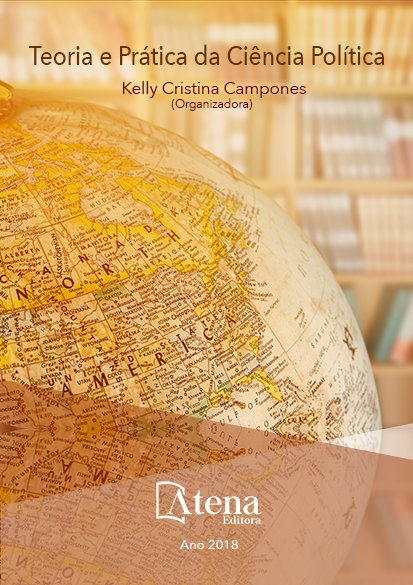
Democracia, Burocracia e Tecnocracia: tensões do projeto moderno
Com o advento da modernidade, a
economia e o Estado, instrumentalizados por
meio do direito formal, tornam-se a expressão
da racionalização das instituições. Neste
modelo, a administração pública se seculariza
e torna-se racional e autorregulativa, de tal
modo que as instituições do Estado moderno
passam a demandar complexas organizações
administrativas com vistas à satisfação dos
diferentes anseios coletivos e individuais
existentes no todo social. Diante deste cenário,
o artigo aborda a expansão da ação racional
com respeito a fins para os diversos ramos da
vida social, visando compreender a burocracia
e a tecnocracia e como estas se relacionam
com a democracia liberal e o Estado moderno,
pontos centrais daquilo que denominamos
projeto moderno. Para tanto, analisa a
ascensão da tecnocracia e sua relação com
a burocracia, ambos característicos das
democracias modernas, em que a política
se move burocraticamente para a resolução
de problemas técnicos, evidenciando uma
despolitização do processo de decisão. Por fim,
verificaremos as visões de Herbert Marcuse e
Jürgen Habermas quanto à institucionalização
do progresso científico e técnico e a consequente
modificação que este processo traz para a
legitimação da dominação e para a consecução
dos objetivos do projeto político moderno
Democracia, Burocracia e Tecnocracia: tensões do projeto moderno
-
DOI: 10.22533/at.ed.2301828125
-
Palavras-chave: Democracia; Burocracia; Tecnocracia; Modernidade
-
Keywords: Democracy; Bureaucracy; Technocracy; Modernity
-
Abstract:
With the advent of modernity,
the economy and the State, instrumented
through formal law, become the expression of
the rationalization of institutions. In this model,
public administration becomes secularized and
becomes rational and self-regulating, in such
a way that the institutions of the modern state
demand complex administrative organizations
with a view to satisfying the different collective
and individual desires existing in the social whole.
Given this scenario, this paper addresses the
expansion of rational action with respect to ends
for the various branches of social life, aiming to
understand bureaucracy and technocracy and
how these are related to liberal democracy
and the modern State, central points of what
we call modern project. To do so, it analyzes the rise of technocracy and its relation
to bureaucracy, both characteristic of modern democracies, in which politics moves
bureaucratically to the resolution of technical problems, evidencing a depoliticization
of the decision process. Finally, we will look at the views of Herbert Marcuse and
Jürgen Habermas on the institutionalization of scientific and technical progress and the
consequent modification that this process brings to the legitimation of domination and
the attainment of the objectives of the modern political project.
-
Número de páginas: 15
- João Roberto Gorini Gamba


